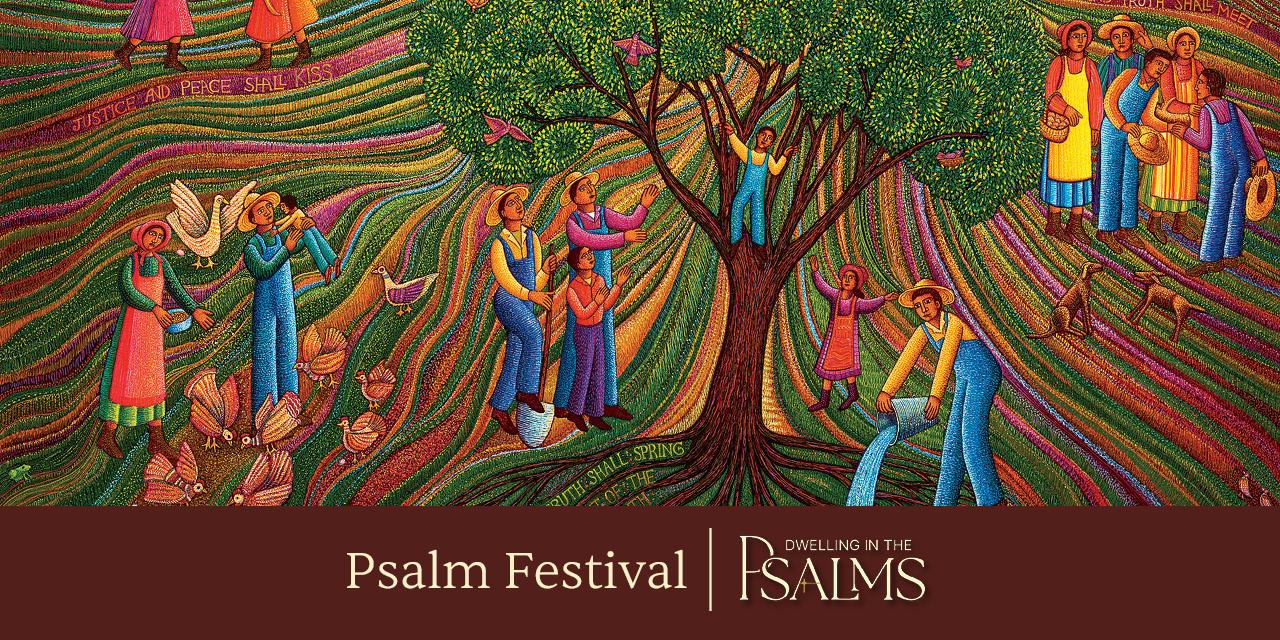CICW has awarded Vital Worship, Vital Preaching Grants for over 20 years to teacher-scholars and worshiping communities in 45+ states and provinces and across 40+ denominations and traditions—including Orthodox, Roman Catholic, Pentecostal, non-denominational, and other Protestant communities.
While worship styles and practices vary greatly across these traditions, the grant projects typically explore at least one of CICW’s ten core convictions related to worship. Explore the hundreds of projects we’ve funded across both streams of the program.
Blessed Jurgis Matulaitis Lithuanian Catholic Mission
To break prejudices across generations and cultures in a Lithuanian immigrant community through an intentional focus on scripture, the creation of art, and religious instruction.
Bridge Street African Methodist Episcopal Church
To plan liturgies that lead congregants to bring peace, love, joy, justice and hope in the world through a collaboration between leaders and the congregation.
Campus Chapel of Ann Arbor
To deepen corporate confession and lament during services in Advent and Lent with images, music and movement.
Candler School of Theology of Emory University
To incorporate new methods to plan, lead and reflect upon meaningful worship and to adapt worship planning to the gifts and challenges of local churches by working with seminary students and recent graduates across the United States.
Cherry Hill Missionary Baptist Church
To study a biblical perspective on worship through a series of workshops for worship leaders and local congregations with small group follow-up and implementation in individual congregations.
Christian Reformed Home Missions
To develop worship resources and support for prisoners in both understanding and participating in worship by forming relationships between six West Michigan congregations (CRC and RCA) and worshiping communities in prisons.
Christians in the Visual Arts
To reflect on the role of visual arts in worship as pairs of pastors and artists and to present the results of this collaborative learning to the broader body of Gordon-Conwell Theological Seminary.
Church of St. Andrew
To create a mission-oriented worship environment that focuses on visual arts and healing within the emergent church by integrating tradition, cultural context, and individual gifts.
CLC Network (Christian Learning Center)
To explore ways to make worship accessible for children and adults with disabilities and to recognize and encourage the participation and leadership of those with special needs and gifts through a partnership with eight to ten congregations.
Cornerstone Prison Church
To encourage deeper participation in the worship of prison congregations by teaching prisoners how to develop drama, lament, prayer, poetry, and music.
Crescent Hill United Methodist Church
To strengthen prayer, worship, and evangelism through a weekly worship service of healing, monthly times of fellowship, study and discussion, and a workshop for church leaders.
Delaware – Maryland Synod
To focus on biblical hospitality as a basis for inclusive worship that reflects diverse cultures through the collaboration of six local congregations.
